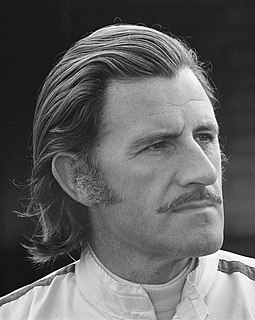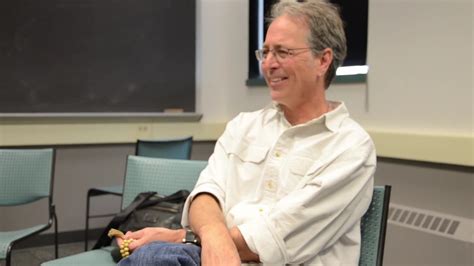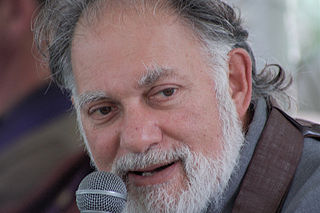A Quote by Sharon Draper
When students ask me today, 'What do you think we should learn from this book?' I tell them, 'Whatever you got out of it.'
Related Quotes
I don't ask my students to have studied film or any education in general. What I ask them is to come and sit and tell me a story, and the way they choose it and tell it, for me, the best criteria for whether they are right for making films. There's nothing more important than being able to tell your story orally.
I think, for me, there's The Book I Should Write and The Book I Wanted to Write - and they weren't the same book. The Book I Should Write should be realistic, since I studied English Lit. It should be cultural. It should reflect where I am today. The Book I Wanted to Write would probably include flying women, magic, and all of that.
I don't understand why we have to experiment with film. I think everything should be done on paper. A musician has to do it, a composer. He puts a lot of dots down and beautiful music comes out. And I think that students should be taught to visualize. That's the one thing missing in all this. The one thing that the student has got to do is to learn that there is a rectangle up there - a white rectangle in a theater - and it has to be filled.
Had I to give advice to writers (and I do not think they need it, because everyone has to find out things for himself), I would tell them simply this; I would ask them to tamper as little as they can with their own work. I do not think tinkering does any good. The moment comes when one has found out what one can do - when one has found one's natural voice, one's rhythm. Then I do not think that slight emendations should prove useful.
I always tell people, "There's a book on everyone." I get some of that book before I do anything. If I want to deeply understand someone's reputation, I'll talk to their friends, their former bosses, their peers, and I'll learn a lot about them. I want them to be trusted. I want them to be respected. I want them to give a s - -. Then there are the intangibles: physical and emotional stamina, the ability to confront issues. I can ask all I want about those things, but I also have to see a lot of it.
The ones who show up to take, they show up and say, "Hi. My name is Steve. I'm an expert in this and I've studied this and I've worked with these clients." On every single power point presentation, it has their email, their Twitter handle and their Facebook account, so you can follow them. At the end, they tell you, "Please follow me." When you ask them a question, they say, "Well, I could tell you the answer, but you should really just read my book."
When you care about perfection, you care about an expectation. But there is also caring for where I am right now, for what's happening right now. When I spend time with students, they tell me that they've read something in a book or heard something from a teacher that they don't think they're living up to. And I tell them, “Take care of yourself right now. Befriend what's happening, not just who you're supposed to be or what the world should be like. This is where you are now. So how do you care for yourself this minute?






































